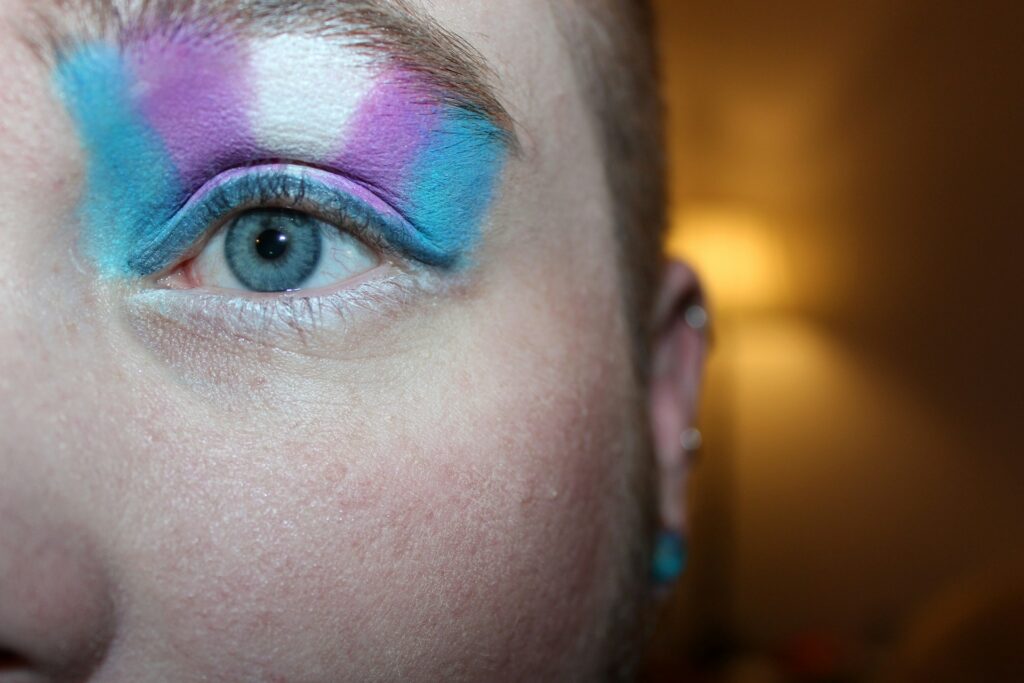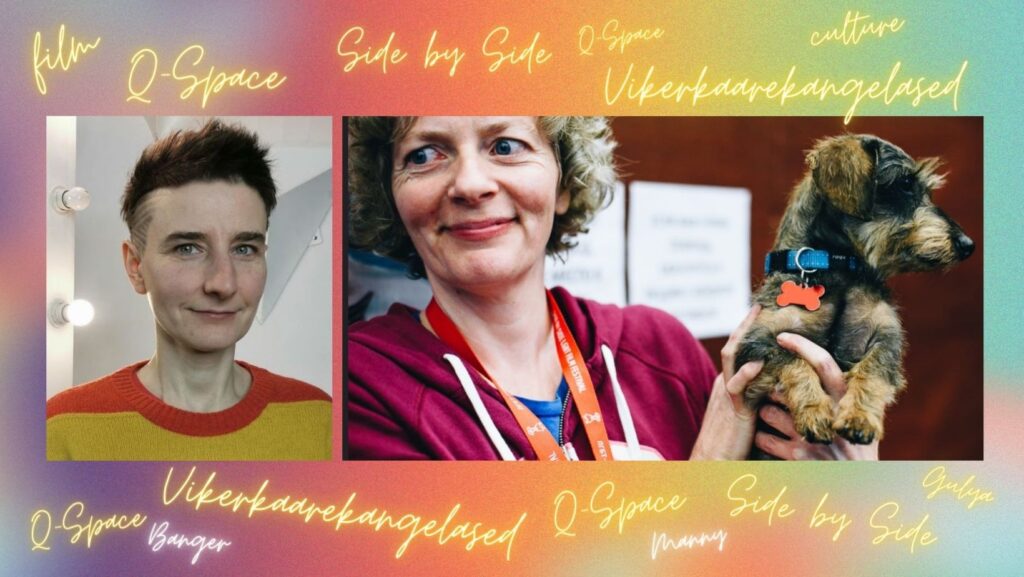What in the world is this “gender” thing? A non-binary perspective
I identify as transgender, specifically non-binary. So you’d think I am well-versed in gender theory. However, every time I think about it for too long, the same question rolls out in my head:
“But what is this gender thing, anyway?”
Sometimes it is defined as “the state of being male or female in society; social sex”. As you might tell from the existence of non-binary people like me, that is not a very good definition. The more I think about it, the harder it is to pin down – since I define myself in terms of what I am not. There are many non-binary identities, however: agender (without gender), androgyne, bigender, genderfluid and so on. And to each person adopting those labels, they might mean something a little different.
Coming out
In 2017 I started gradually coming out to different people at university in the UK by using my preferred name and pronouns. Coming out as trans is a messy process in general – more so when many people don’t even believe your identity is real, or deem your pronouns as grammatically incorrect (no, “they” really isn’t). Since it’s pretty much impossible to tell which person will be mean, I often worry about it. However, so far I have been pleasantly surprised. Uni people have been kind and understanding, if sometimes clueless.
And then one day, some time after I got more comfortable, I casually came out to an acquaintance while talking about something gender-related.
“I don’t identify as a woman, though.”
“Oh, I don’t believe in any of that crap.”
Ouch. I guess one day it had to happen. I could feel the ice rising up to my head. It was awkward to leave, so instead what followed was a long conversation about feminism, gender stereotypes and gender abolitionism, in which I was a not particularly willing participant. It was interesting… as well as extremely offensive.
Trans people and stereotypes
The assumption is that trans people reinforce stereotypes by assuming that certain traits indicate that you belong to a specific gender, and that they think certain behaviours in a child mean they must be trans. There is also an assumption that non-binary is just a new “trendy” thing to call yourself.
So let’s examine these claims, shall we?
First of all, non-binary people have existed for centuries in many different cultures: Two-Spirit Native Americans, French Polynesian Māhū, Indonesian Bugis, etc. That doesn’t necessarily make it a good (or bad) thing, but a thing nevertheless, far from a mere fad invented by young white westerners.
Just as there are stereotypes about men and women, there are stereotypes about non-binary people. We are expected to look “androgynous”, which tends to mean “a thin white person with a short undercut”. In reality, we are a very diverse group. We can look stereotypically masculine or feminine. We can wear beards with dresses, or suits with flowing long hair. We can have all kinds of names, skin colours, ethnicities, identify as all kinds of orientations and use all kinds of pronouns.
Not ticking the existing gender “boxes”
I think being non-binary in our society does stem from being uncomfortable with existing gender “boxes”; or, in some cases, being unable to comprehend them in the first place. For me, realising that you could be neither was a freeing feeling. But I have also seen the opposite happen: people formerly identifying as non-binary rediscovering their identity as a trans man or a trans woman. Or cis, for that matter. And I think that is okay too.
The important thing to remember is that the idea that trans people somehow support gender stereotypes by existing does not stand the test of reality – at least in my experience. The trans people I know, both binary and non-binary, are some of the most critical of traditional gender roles for anyone.
It’s not that we think that men should be strong providers or that women should be submissive housewives. It might be that we personally feel more comfortable in a certain social role, and/or a certain body, in this gendered world. Medical transition is a personal decision, just one detail in the whole picture, that doesn’t make someone any more or less trans. Ultimately, it comes down to simply being, which is difficult to explain.
Gender, this nebulous thing
For a long time, I have held on to a view similar to the one expressed by my acquaintance, albeit a less hostile one. Since it didn’t do me any favours, I also saw gender as something ultimately harmful that needs to be abolished, although I would never blame trans people for that. And yes, being trans is currently diagnosed based on stereotypes – but is that the fault of the trans community, or perhaps society with its rigid views on what you must be like to qualify as a certain gender?
I have now come to realise that this attitude is hurtful both towards my trans siblings and towards cis people who have felt their gender strongly impact their lives. I am still not especially fond of it, this nebulous thing that permeates our society for no reason, an abstract concept that starts shaping your life from the day you are born… I would rather live in a genderless world. I think it’s better to raise children in a gender-neutral way. But I will accept its influence, as well as the uniqueness and the good things that it brings into each individual human experience.
The article was originally published here.










